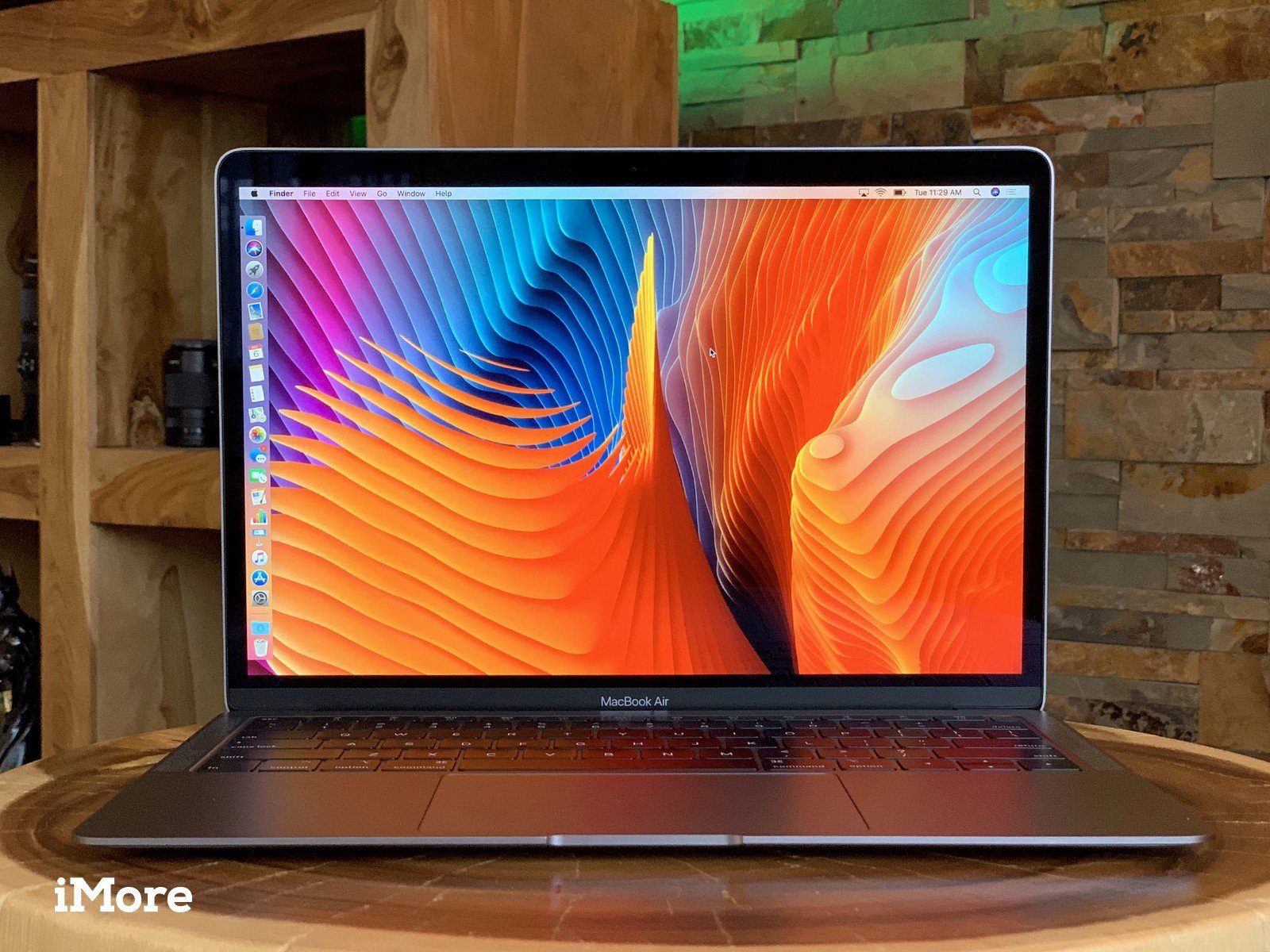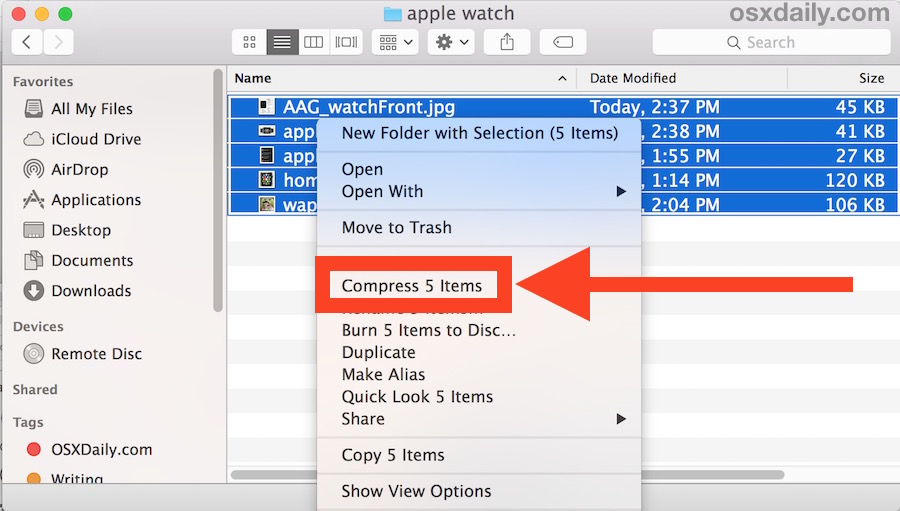CAB (or Cabinet) is an archive file format for Microsoft Windows that supports lossless data compression and embedded digital certificates used for maintaining archive integrity. Cabinet files have .cab file name extensions and are recognized by their first 4 bytes MSCF. Cabinet files were known originally as Diamond files.
Creating a ZIP File. To make a ZIP file in Windows, right-click the files and/or folders that should be in the archive and then choose Send to Compressed (zipped) folder. To zip up files/folders in macOS, right-click them and select Compress Items from the menu to make an Archive.zip file. With WinZip for Mac 2.0 or later, you can right-click (or press CTRL and click) your saved Zip files and use the Context Menu to unzip them. Click on Services at the bottom of the Context menu, then choose Unzip, Email as Zip File and Add to Zip. Easy 7-Zip opens/extracts CAB/Cabinet file easily on Windows. The Easy 7-Zip was developed based on 7-Zip. 7-Zip is a famous open source file archiver. The Easy 7-Zip is an easy-to-use version of 7-Zip. The open source freeware keeps all features of 7-Zip and adds a few useful features that makes the software more user-friendly. WinZip has an option to compress files into the.zipx format, where it claims to have a higher compression rate than.zip and the rest of the competition. To use this, select and right-click the files you want to compress, then click to “WinZip - Add to Zip” the files. When WinZip opens, select “.Zipx” under “Compression Type”.
CAB file is a compressed archive which supports DEFLATE , Quantum, and LZX compression. CAB files are used by windows installation engines such as Setup API, device installer and advpack.
CAB files typically contain drivers, system files and other Windows components. The installation engine extracts these files for use in the set up of various software and hardware.
For a number of years, Microsoft has used .cab files to compress software that was distributed on disks. Originally, these files were used to minimize the number of floppy disks shipped with a product. Today, .cab files are used to reduce the file size and the associated download time for Web content that is found on the Internet or on corporate intranet servers.
One file in the cabinet is typically an information (.inf) file, which provides further installation information. The .inf file may refer to files in the .cab as well as to files at other URLs.
Each file compressed in a .cab file is stored completely within a single folder. A .cab file may contain one or more folders or portions of a folder. So, even if a compressed file does not fit in one .cab file, it is placed in one folder that spans multiple .cab files. Such a series of .cab files form a set. Each .cab file contains name information for the logically adjacent .cab files.
A .cab file can be digitally signed like an ActiveX control. A digital signature provides accountability for software developers. The signature associates a software vendor's name with a given file. A signature can be applied to a .cab file using Authenticode technology.


Open/Extract CAB/Cabinet File on Windows
You can use Windows built-in System Configuration Utility (msconfig.exe) to extract CAB/Cabinet file.
- Start -> Run
- Type: msconfig.exe
- Press Enter
- Click 'Expand File...' at tab General
- Click 'Browse From...' to choose CAB/Cabinet file
- Click 'Browse To...' to choose folder to save the restored file
- Click 'Expand'
- Done
Alternatively, You can install an all-in-one archive compression software. Easy 7-Zip opens/extracts CAB/Cabinet file easily on Windows. The Easy 7-Zip was developed based on 7-Zip. 7-Zip is a famous open source file archiver. The Easy 7-Zip is an easy-to-use version of 7-Zip. The open source freeware keeps all features of 7-Zip and adds a few useful features that makes the software more user-friendly.
Easy 7-Zip works on Windows 10/8.1/8/7/Vista/2008/2003/XP/2000 (both 32-bit and 64-bit compatible).
- Free Download Easy 7-Zip
- Install Easy 7-Zip by step-by-step instructions
- The installation will associate CAB with Easy 7-Zip automatically
- Double-click on CAB file to open CAB/Cabinet file with Easy 7-Zip
- Alternatively, Right-click on CAB/Cabinet file on Windows Explorer
- Done
You will see files or folders within the CAB/Cabinet file then, click button Extract to extract the CAB/Cabinet file.
And then, choose Extract files..., Extract Here, or Extract to 'folder' to extract the CAB/Cabinet file.
Easy 7-Zip Download Links:
You can try other alternative freeware that opens/extracts CAB/Cabinet file on Windows. For example:
- PeaZip
- TUGZip
- B1 Free Archiver
- IZArc
- Universal Extractor
- Bandizip
- Bitser

Open/Extract CAB/Cabinet File on Mac
B1 Free Archiver opens/extracts CAB/Cabinet file on Mac. B1 Free Archiver is a free software for creating archive folder and extracting archive file. B1 Archiver works on all platforms - Windows, Linux, Mac and Android. The freeware supports most popular formats including CAB/Cabinet.
B1 Free Archiver is compatible with:
Make Zip File Macos

- Mac OS X 10.9 Mavericks
- Mac OS X 10.8 Mountain Lion
- Mac OS X 10.7 Lion
- Mac OS X 10.6 Snow Leopard
Alternative freeware that opens/extracts CAB/Cabinet file on Mac.
- Keka
- The Unarchiver
Open/Extract CAB/Cabinet File on Linux
You need to install cabextract. cabextract extracts files from Microsoft cabinet (.cab) archives or executable cabinet.
Make A Zip File Mac
Install cabextract on CentOS and Fedora

| $ wget http://www.cabextract.org.uk/cabextract-1.4.tar.gz $ tar -zxvf cabextract-1.4.tar.gz $ cd cabextract-1.4 $ ./configure $ make # make install |
Install cabextract on Debian and Ubuntu
| # apt-get install cabextract |
To extract/unpack a CAB file, type:
| $ cabextract file.cab |
To extract CAB file to specified directory, type:
| $ cabextract -d directory file.cab |
cabextract Options:
- -v --version print version / list cabinet
- -h --help show this help page
- -l --list list contents of cabinet
- -t --test test cabinet integrity
- -q --quiet only print errors and warnings
- -L --lowercase make filenames lowercase
- -f --fix fix (some) corrupted cabinets
- -p --pipe pipe extracted files to stdout
- -s --single restrict search to cabs on the command line
- -F --filter extract only files that match the given pattern
- -d --directory extract all files to the given directory
